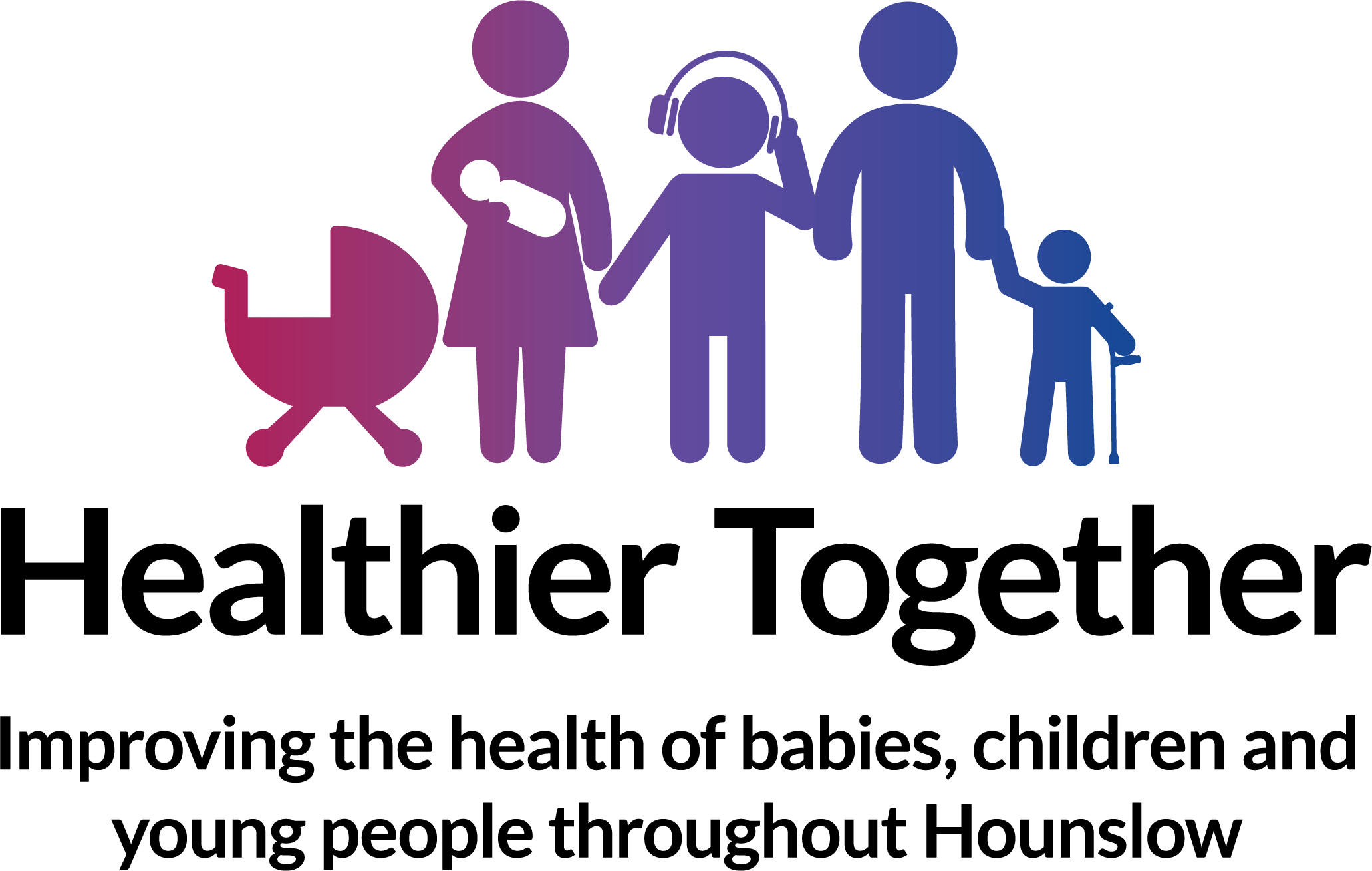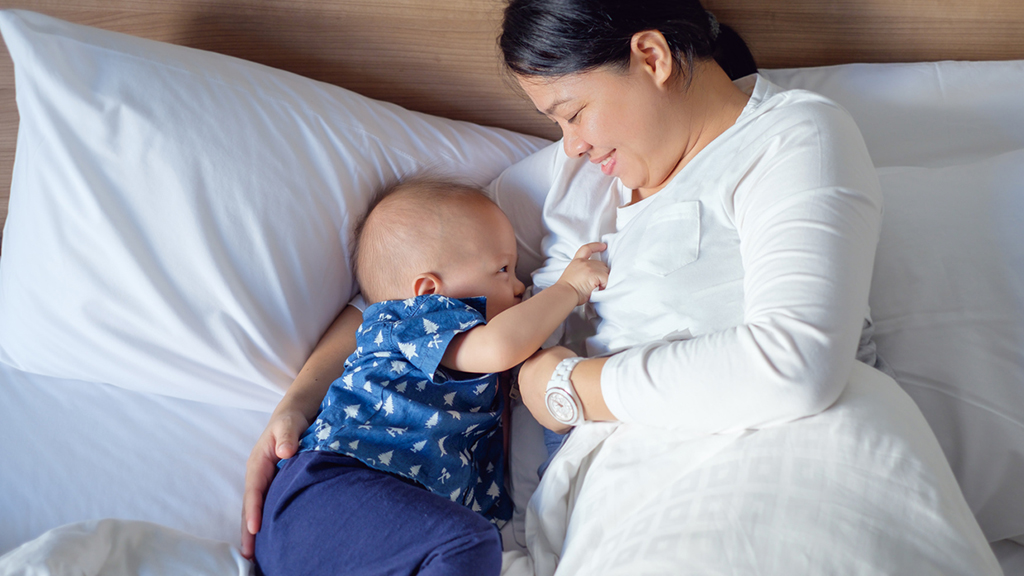- Health visitor
- Early learning teacher in your child's nursery or your child's childminder
- GP
You may be referred to different members of the multi-disciplinary child development team depending on what your concern is:
- Community Paediatrician, a doctor who specialises in the health and development of children
- Physiotherapist, a therapist who supports with physical movement skills
- Occupational therapist, a therapist who supports with skills required for daily activities for living along with hand skills (fine motor)
- Speech & Language therapist (SALT), a therapist who supports with speech, language, communication, understanding and safe swallow
- Dietitian, a qualified health professional, who as well as providing general health advice, can also work with people with special dietary needs due to health conditions such as coeliac disease
- Psychologist, a qualified individual who is able to support aspects of your child's learning and behaviour
- Children & Adolescent Mental Health Services (CAMHS), services that support children and young people with their emotional and behavioural wellbeing
- Children's social services can provide additional support for families who have needs beyond healthcare and education needs
- Local education services, such as Portage (a home visiting educational service) to support pre-school children requiring additional support with their developmental skills)
- Start for Life -download the Baby Start for Life Development Guide



